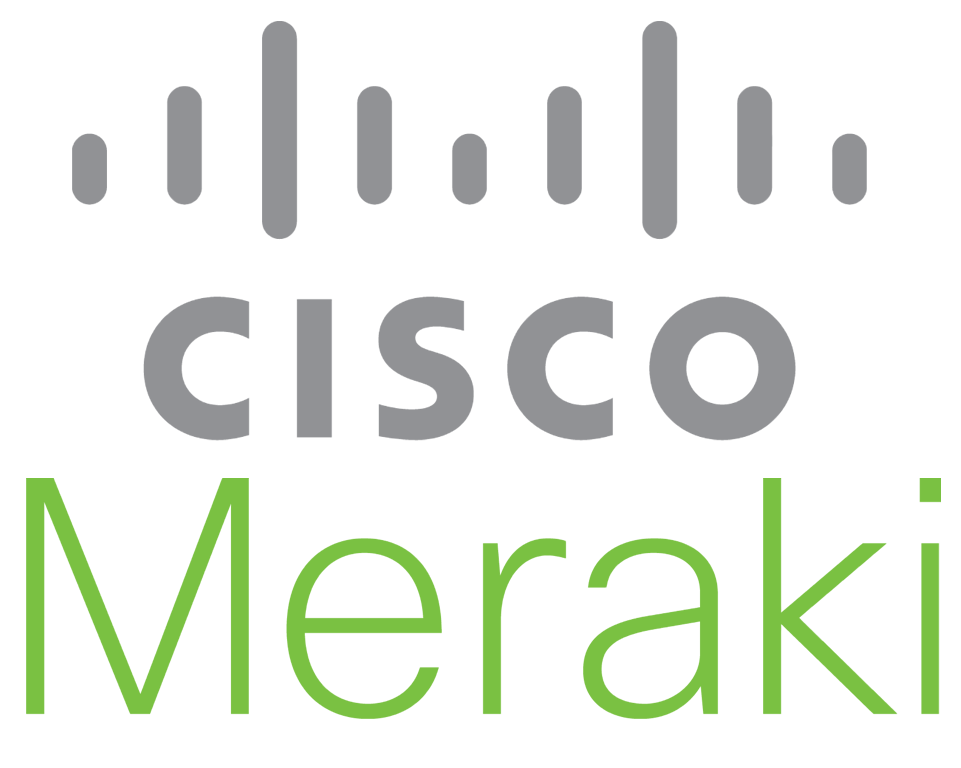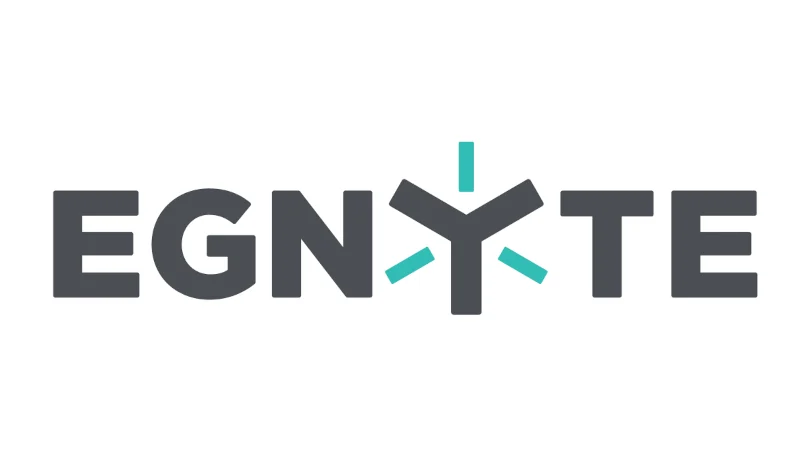Managed IT Services
A secure and stable IT solution to help guide your business into the future

Utilize Our Team of
Innovative Problem Solvers
Our virtual CTM/CSO consultations give small and mid-sized organizations the opportunity to take full advantage of our IT experience and expertise so your business can narrow the competitive gap with larger corporations. We provide guidance with industry best practices and align IT initiatives to meet business objectives.
Managed IT Packages That Fit Your Needs
No two businesses are exactly the same and their technology shouldn’t be either. Our team of experts will help you build, migrate and manage an IT environment that meets your unique business requirements. Our services are secure and agile, allowing you to maximize technology and streamline procedures so that you can focus on what you do best—running your business.

Choose the Right Support
Package for You
monarch

helios

hyperion

IT Help Desk
Proactive Security & Monitoring
IDS/IPS & Managed Firewall
Cloud-Delivered Network Security
Anti-virus / Anti-malware Protection
Daily Backup Checks
Patch Management
vCTM – Chief Technology Manager
Onboarding
Field IT Support
Remote IT Support
IT Documentation
Vendor Management
SupportLink Portal
VDI & End User Device Installation
Mobile Device Management
Travel
vCSO- Information Security Officer
Dark Web Monitoring
Data Loss Prevention
3 Year Technology Budget Planning
Yearly IT Audit Reports
Annual Penetration Test
Separation of Duty Review
User Security Training & Awareness
Hear from Our Clients
Verdant has a high level of expertise in the services that they offer to us. They understand that we’re the business experts in brewing, distilling and providing savored moments, and they educate us as experts in technology and how those two things can best work together.
Tristan Walczewski
Essence Restaurant Group
KEY PARTNERSHIPS

Expand Your Managed IT Service Capabilities
Proactive Technology Add-on Solutions
With our Managed IT Service Add-ons, you can use your technology to its full capacity without significantly increasing your IT staff or capital expenditures. We have technology solutions for many of the systems you use in your business daily.

Dedicated Virtual CTO/CIO
We can design and manage a project to achieve your business goals. We have experience in:
- Information security programs
- Vendor management
- IT audit preparation
- Infrastructure design
- Virtualization
- Process improvement
Verdant Connect
Cloud-based phone solution to:
- Save you money
- Provide mobility and advanced customer service functions
- Consolidate phone systems into a centralized, secure cloud solution
- Reduce or eliminate software and hardware license fees
- Offers unlimited scalability in users, numbers and extensions
KISI Access Systems
A cloud-based access system offering:
- Flexible and secure access
- Keyless, mobile phone access scanning
- Adjustable, manageable permissions from offsite
- Traceable data for immediate auditing and compliance guidelines
MERAKI Network Hardware
Keep your business running quickly, efficiently and safely with:
- Access points
- Security gateways
- Network switches and monitoring
- Camera systems
- Prioritized bandwidth usage
- Easy device management
- On-site camera monitoring with image analysis
Microsoft Azure Licensing
We can assist in securing Microsoft Azure hosting through:
- Reselling
- Configuring
- Supporting
Microsoft 365 Licensing
We have 20+ years of experience in Microsoft Enterprise solutions, specializing in E3 and E5 licensing for businesses who need help with:
- Implementation
- Management
- Support
Internet Service
We can assess your internet service to help you:
- Increase upload/download speed
- Negotiate better pricing
- Discuss appropriate service for your specific business needs
Backup Cellular Internet Service
Avoid the “last mile issue” with a wireless internet service backup solution to help:
- Eliminate unexpected service interruptions
- Stay connected at all times
- Protect your daily operations and customer service
Multi-function Printer/Copier & Support
We consolidate your printers, copiers, scanners and fax machines to reduce costs and improve workflow. We offer support for:
- Hardware
- Toner supply
- Maintenance
- PaperCut Hive secure cloud environment
- Secure remote printing options
- Cost-savings features
Ready to Take the Next Step?
See how our team of IT experts can help assess, build and manage custom IT services that help your business grow.
General Inquiry / Contact Us
The form is loaded only when you need it — this keeps the page super fast!











